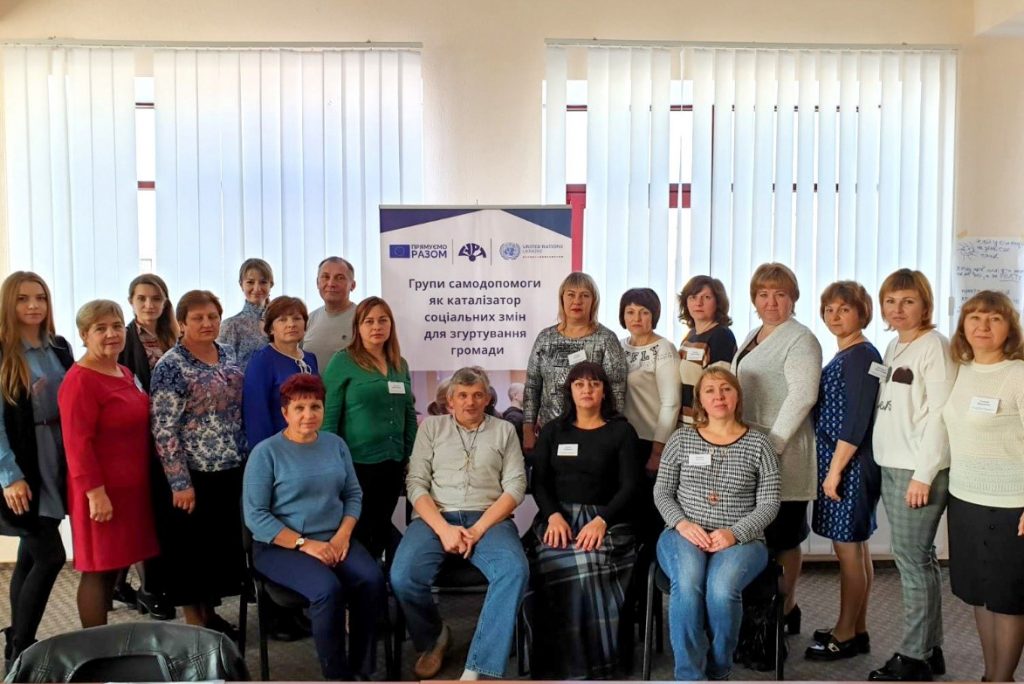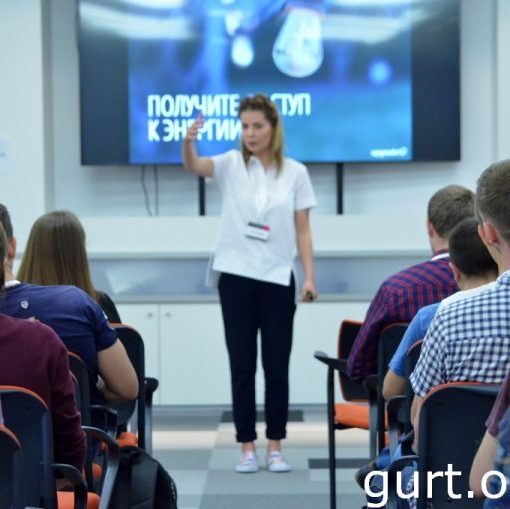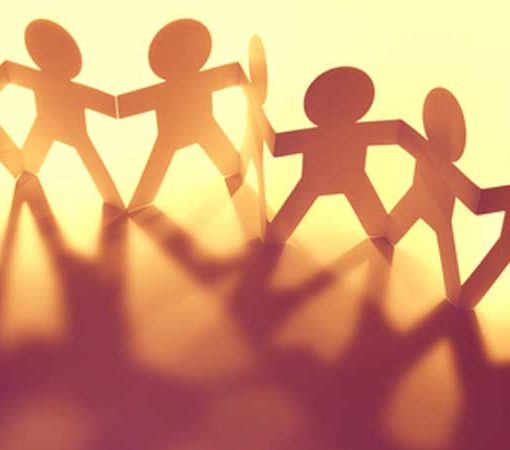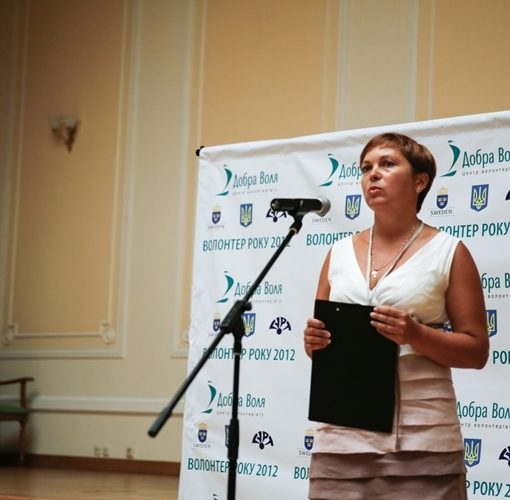
At the end of September – the beginning of October 2019, representatives of social and socio-psychological services of state and municipal ownership and civil society organizations, as well as the community leaders working in the target communities of Donetsk and Luhansk oblasts had an opportunity to master an effective tool for social transformation – Self-help Groups technology.

The three-day trainings were conducted on September 25-27 in Pokrovsk (for participants working in Slovyansk, Mangush, future Vuhledar UTC, future Sartana UTC, Mar’inka/Krasnohorivka), and on October 2-4 in Severodonetsk (for participants working in Nyzhnya Duvanka UTC, Lysychansk, Troits’ke UTC, Krasnorichensk UTC, Milove).
The activities became part of the project “Self-Help Groups as a Catalyst for Social Change for Community Cohesion” implemented by GURT Resource Center with the financial support of the United Nations Peacebuilding and Reconstruction Program. The goal of the project is to support social cohesion, response and mitigation of the causes, and consequences of the conflict in the selected communities of Donetsk and Luhansk oblasts through the promotion and support of the self-help groups.

“The information about the self-help technique was new for me. In our community, such social practices have not been used before. During the training, we have developed an action plan to implement self-help groups. We decided that one of the target groups would be internally displaced persons. In Nyzhnya Duvanka UTC, the social cohesion rate is quite low, and the self-help groups are a great tool for its enhancing,” – Natalia Lukashchuk, the executive officer of the Nyzhnya Duvanka Town Council noted.
The self-help groups are created both to overcome personal challenges, and to resolve complex community issues in the fields of social issues, health care, human rights protection and more.
“Before I attended the training, I had no idea about the self-help groups. This technique impressed me! As the head of the youth center, I work very closely with young people who often need psychological help. I am planning to create a self-help group namely for young people and their parents. Beyond that, there are many internally displaced people in our community who are under-served, although we live 15 km from the conflict line,” – Serhii Dereka, the head of the youth center “Meksyka” commented.
Helping themselves, in the self-help groups, people curb the feeling of helplessness and become more active, more confident and more motivated to act for the common good.

“During the training, I have received a lot of practical advices; I have already shared information with the colleagues, and we started working towards creating the self-help groups. We consider several target groups, such as people with disabilities and single mothers. I worked on a community profile, we conducted a survey to identify current problems, and therefore I believe that the self-help groups will be able to “pull” the community up to a new level of cohesion. People often stay alone with their problems, and the self-help groups can remedy this situation,” – Valentyna Gurtyak, the head of the Social and Psychological Adaptation Department of the Center for Provision of Social Services of the Troits’ke Town Council added.
The training program included a methodology for creating the self-help groups, their development dynamics, rules for working with target audiences, and practical tasks that would give participants the knowledge needed to create and effectively develop the self-help groups in their communities.
“I work in a charity center and organize the self-help groups for the residents of Luhansk and Donetsk oblasts. During the training, I learned about effective tools applicable in practice. The trainers provided the opportunity to live this experience on our own and to perceive personally how self-help works. I also liked the methodical support – we were provided with all materials and a step-by-step algorithm for conducting the groups. After the training, its participants have shaped themselves as the like-minders. We support each other on social networks, communicate and share tips for organizing and conducting the groups. I am planning to organize the self-help groups for people with emotional problems, internally displaced persons and adolescents with deviant behavior in Slovyansk. I think that the main challenge for leaders is to emerge within the groups for self-facilitation without the third parties’ involvement,” – Maryna Martynenko, the psychologist of the social youth and family center shared.

In course of learning, the participants developed a plan for creating and operating the self-help groups in their communities, discussed the impact of positive thinking, worked out the accountability mechanism and the tools for community change.
“I have been working with the public already for a long time and have considerable experience of participation in trainings. I liked that they worked with us and explained the methodology of creating the self-help groups on a step-by-step basis. I have discovered that self-help groups can address quite different issues. Involving large resources is not necessary; a few people willing to resolve a certain problem for themselves is enough. In our community, we have already created the group addressing the domestic violence issue. This is an important topic in my life. I am a former police officer, and now I am dealing with this topic as a social activist, and I see a great tool for social cohesion in the self-help technique,” – Olena Boyko, the member of NGO “Vuhledar Development Agency” told.

The opinions, observations, conclusions, or recommendations set out in this document are those of the authors and do not necessarily reflect those of the United Nations or the European Union.
The UN Peacebuilding and Reconstruction Program is being implemented by four UN agencies: the United Nations Development Program (UNDP), the UN Structure on Gender Equality and Women’s Empowerment (UN Women), the UN Population Fund (UNFPA), and the UN Food and Agriculture Organization (FAO).
Ten international partners support the program: the European Union, the European Investment Bank, as well as the governments of Denmark, Canada, the Netherlands, Norway, Poland, Sweden, Switzerland, and Japan.




